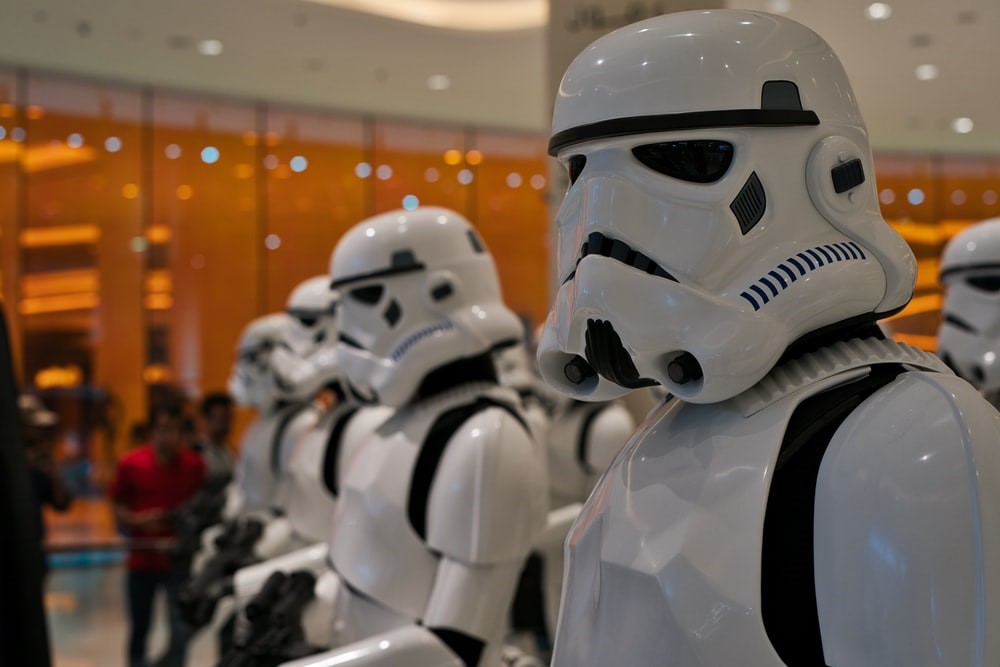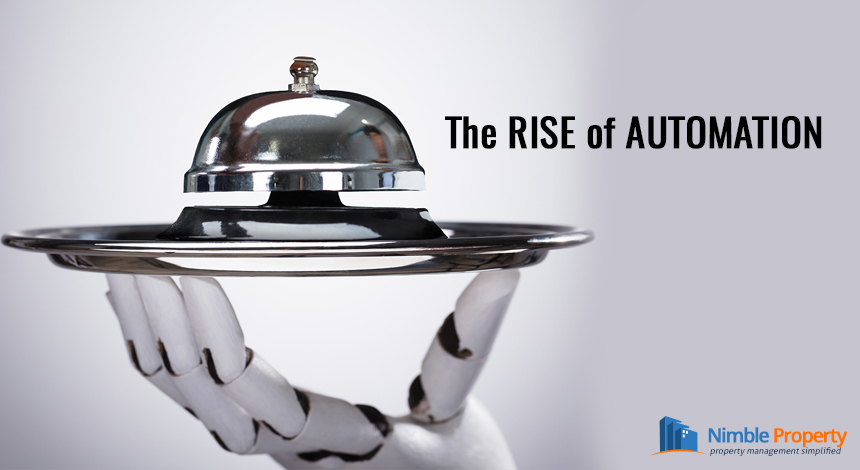Recently, a research study has been investigated on how the service robots could help hotels in redefining their leadership and boost the management performance, which is reckoned to be a great significance in the light of COVID-19 seismic impact on the travel and hospitality industry.
However, the research also reveals that while service robots are anticipated to increase productivity and efficiency of hotel activities, they may besides pose challenges including flooded costs, skill deficits and even bring significant changes to the culture and organizational structure of hotels.
Thence, such anticipated applications and the integration of robotic technology will surely require future leaders to consider the balance carefully between the human employees and roles of service robots to deliver prizewinning guest experience, while nurturing a work environment that embraces change and open-mindedness.

Already, the entire global hotel industry is experiencing a catastrophic economic impact as the coronavirus COVID-19 broke out and rendered essential or non-essential travel impossible.
Considering the fact of hard hit by the pandemic, hotel industry is planning to reinvent systems and processes to cope up with it. So, there’s a big time inclination towards developing new and innovative ways of service robots deployment to limit the human interaction. Most importantly, the robotic interaction could facilitate social distancing model of operations in hotels, therefore enabling faster and safer reopening & recovery of hotels.
Forward-thinking hoteliers are proactively getting prepared for the application of service robots, so they can reassure their potential guests that hotel stays will be safe and compatible with minimised human interaction and social contact.
Thus, this robotized hotel industry is on the rise and could be accelerated almost everywhere.

